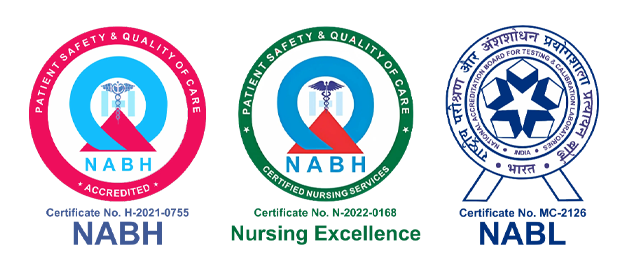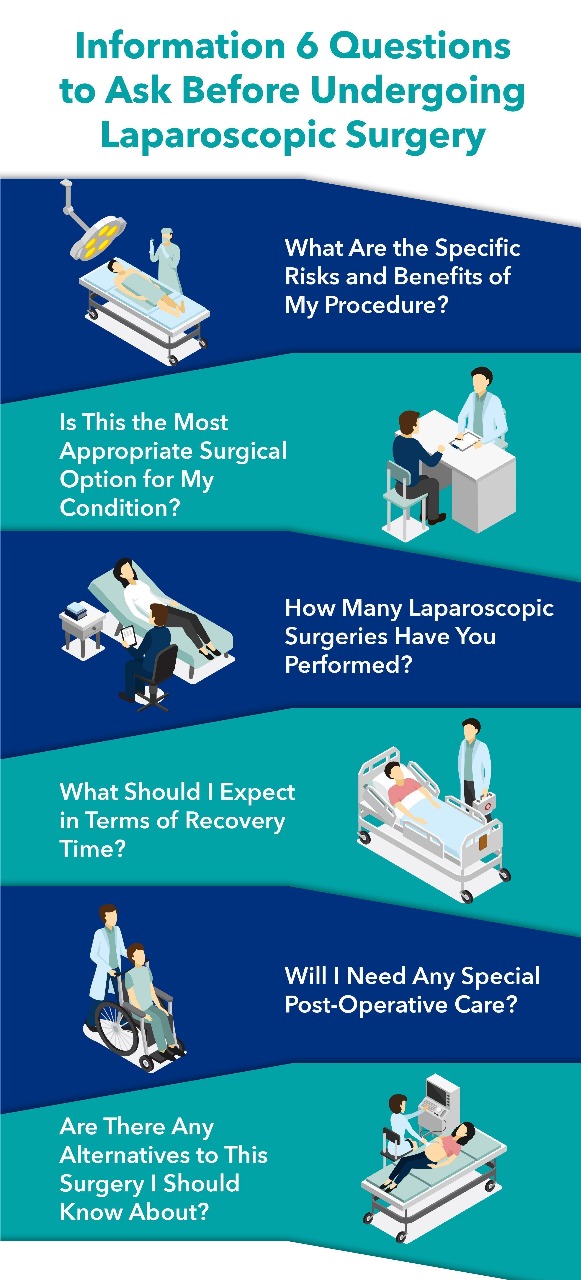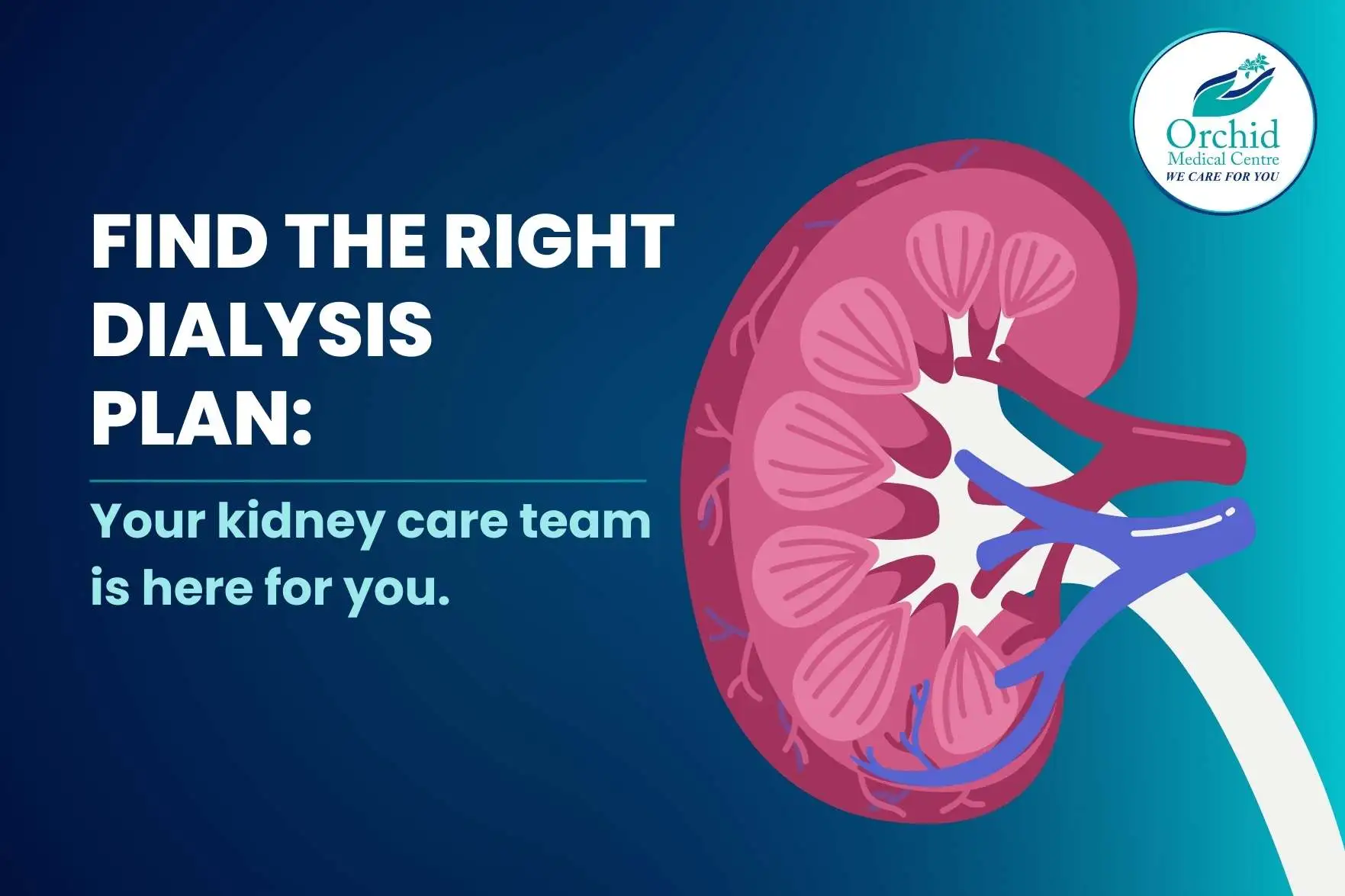Urinary bladder surgery may be needed to treat many conditions like bladder cancer. It may either be a reconstructive procedure, or the surgeon may need to remove a part or all of the bladder. Bladder surgery may be required to treat conditions like bladder prolapse, bladder cancer, and loss of bladder control. There are many types of bladder surgeries. The type of surgery needed will depend on the condition that is affecting the bladder. Cystectomy surgery is one such procedure that is used to treat the urinary bladder. Let us see what happens during Cystectomy.

Blog Details

What Happens During A Cystectomy Surgery?
Bladder surgery may be required to treat conditions like bladder prolapse, bladder cancer, and loss of bladder control. There are many types of bladder surgeries. The type of surgery needed will depend on the condition that is affecting the bladder.
Who Will Perform the Surgery?
Cystectomy will be performed by a special team for healthcare providers, which typically includes a urologist, anesthesiologist, and nurses. The patient will be given general anesthesia, and they will not feel any pain during the procedure. The urologist in Ranchi will perform a cystectomy using different surgical approaches, which include the following:
- Open Cystectomy: In this procedure, the urologist will access the bladder and tissues around it with a long vertical surgical incision, which is usually about 6-7 inches. It is inserted between the belly button and pubic bone. The operation is performed through this incision.
- Minimally invasive Cystectomy: In this procedure, the urologist will first inflate the abdomen with carbon dioxide in order to create a working space. 5-6 small incisions will be made to insert long, thin instruments, including a camera. In laparoscopic surgery, the urologist will use these instruments to perform the surgery. Robotic surgery involves attaching the instruments to a surgical robot, which will be controlled through a surgical console by the urologist. Surgical robots enhance the operation by providing three-dimensional vision and more precise movements.
_11zon.jpg)

Reconstructive Surgery
Reconstructive surgery will be performed after removing some or all of your bladder. It is to create a new way to store pee and remove it from the body. The urinary tract can be reconstructed in one of three ways:
- Continent cutaneous diversion: In this procedure, the urologist will create a reservoir out of the art of your small and large intestines to store pee. The ureters are attached to one end of the reservoir, and the other end is connected to a stoma in the abdomen. The reservoir should be periodically emptied by inserting a small drainage tube into the stoma. You will not have an ostomy bag outside the body.
- Ileal conduit: In this method, the urologist disconnects a short section of the small intestine. The ureters are attached to one end of the ileum, and the other end attaches to an opening in your skin. A plastic bag is placed over the stoma to collect pee.
- Neobladder: In this procedure, a long piece of the small intestine is used to create a reservoir to store pee. The ureters are attached to one end of the reservoir, and the other end is connected to the urethra. The reservoir should be emptied regularly by relaxing your pelvic muscles and tensing the abdominal muscles.
Takeaway
Cystectomy bladder surgery is a common type of surgery used to treat conditions like bladder cancer. Although it involves the removal of a part or entire bladder, most people can live their daily lives just as they did before. The surgeon will give you instruction on how to help your body heal so that you adjust to any new changes.





















.jpeg)

.jpg)


.webp)
.webp)



.webp)
.webp)













